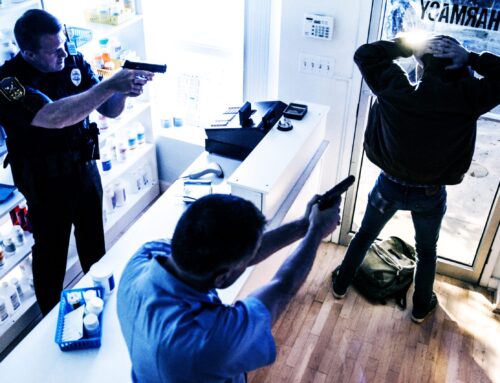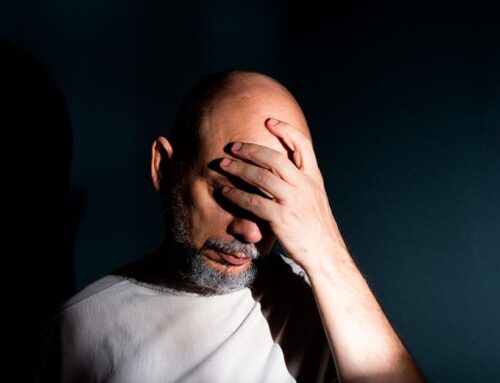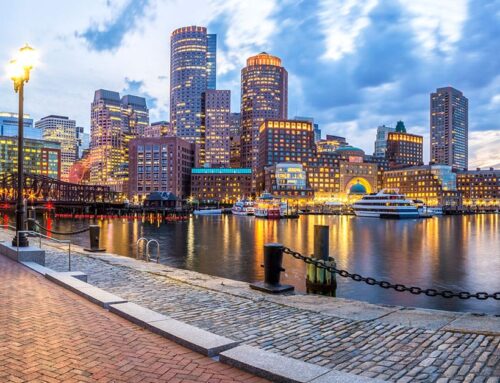Massachusetts Leads with the Lowest Incarceration: What Challenges Remain?
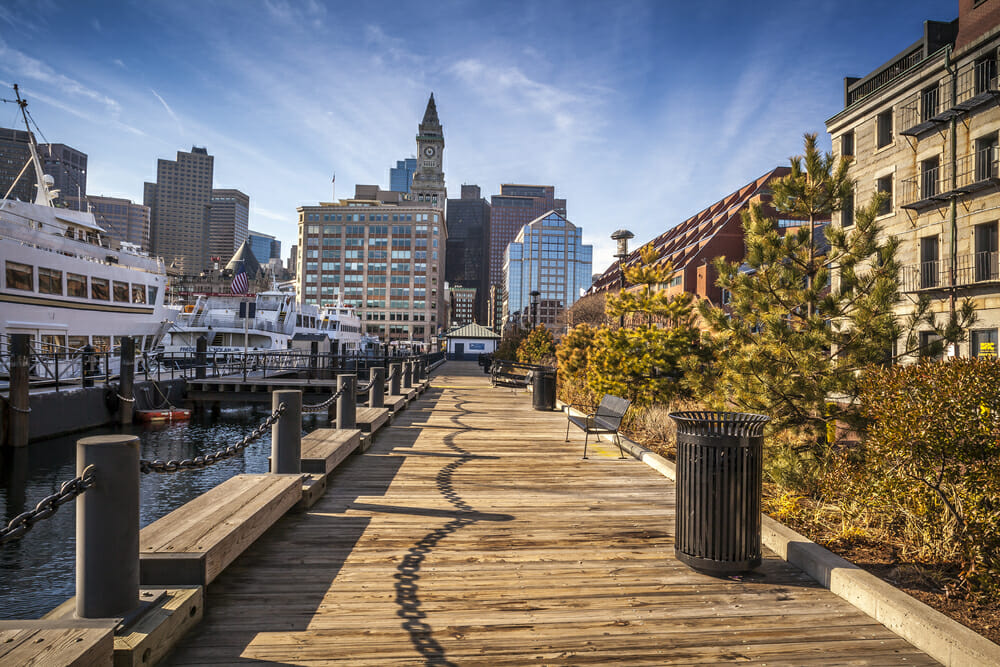
Massachusetts implements a criminal justice system that is unique to the state. However, its goal is similar to that of other states, i.e., helping inmates rehabilitate while improving public safety for residents. Massachusetts faces unique challenges in achieving this goal despite the state’s record in locking up as few people as possible.
Massachusetts Prison Population Information
According to the Bureau of Justice Statistics, Massachusetts incarcerates just 103 residents for every 100,000 in the state. That means Massachusetts has the lowest per capita incarceration rate in the nation. Despite the state’s large population compared to its geographic size (Massachusetts has the fourth-highest population density in the nation), the state incarcerates a relatively small number of its residents. Just 8,205 are held in state prisons, out of 6.985 million residents.1
Massachusetts has reduced its prison population by about 5.4% since 2018. Since 2008, Massachusetts has reduced its prison population by about 23%. However, Massachusetts still incarcerates more people than it did 40 years ago when the state began adopting tough-on-crime and Drug War-focused criminal justice policies.2
Much of the country is experiencing a drop in prison population. Nationally, the prison population declined by 1.3% from 2018 to 2023. Massachusetts has, in many ways, led the nation in creating policies that reduce prison populations, as Massachusetts’s prison population has declined at a rate five times that of the national drop in incarceration.
Massachusetts Crime Data
According to Massachusetts crime data, crime rates in the Bay State fell 11% in 2021, though they did not fall to pre-pandemic levels. The state reported 223,664 crimes in 2021, or about 3,245 for every 100,000 residents.3

Photo by Bruce Peter/Shutterstock.com
While the total number of crimes committed in Massachusetts has been declining in recent years, violent crime and juvenile crime are still trending up, suggesting more work needs to be done to improve public safety while countering the underlying societal problems that lead people to commit such crimes.
Criminal Justice Reforms in Massachusetts
In recent years, Massachusetts elected officials recognized that overcrowding in state prisons was caused by mandatory minimum sentencing laws from the state’s tough-on-crime era. That led to the incarceration of thousands of nonviolent drug offenders, consigning them to decades in prison. In 2018, the state passed a bipartisan criminal justice reform package that focused on reducing the prison population by diverting low-level offenders to rehabilitation and treatment and helping ex-offenders move on from a life of crime.4
Some of the tenants of that legislative package included:
- A new law raising the minimum age of criminal responsibility from seven to 12 years old.
- The creation of a special commission to evaluate cash bail and whether it should be eliminated.
- The elimination of the Drug War-era mandatory minimum sentences for some nonviolent drug crimes.
- The diversion of low-level and nonviolent offenders to community-based restorative justice programs.
- The implementation of new expungement eligibility for offenders under 21 who committed certain low-level crimes.
Since 2018, the Massachusetts legislature has passed several criminal justice reforms, including new laws that address bail and diversion programs. Some reforms sought to repeal several mandatory minimum sentencing laws, while other laws sought to help inmates reduce their time in prison by incentivizing them to participate in re-entry programs.5
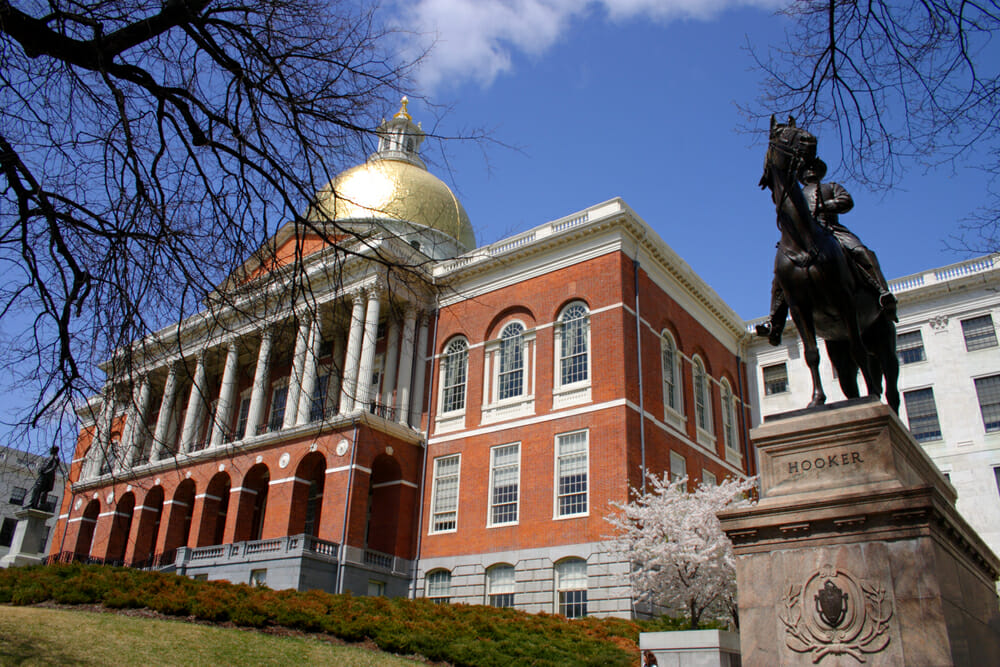
The positive results of such reforms have been evidenced by the state’s declining prison population and overall crime rate. Not only does the state have the lowest per capita incarceration rate in the nation, but it also has the 16th lowest total incarcerated population figure. Every state that incarcerates fewer people than Massachusetts also has significantly fewer people living in that state. (Vermont, North Dakota, South Dakota, Wyoming, Montana, Hawaii, and Alaska are just a few examples).
Recidivism Still a Major Challenge Facing Massachusetts Criminal Justice Officials
Unfortunately, though Massachusetts’s overall crime rate is falling, the state’s recidivism rate is still quite high, meaning many individuals committing new crimes had already been incarcerated for previous crimes. According to the state’s reporting, about 33% of people formerly incarcerated in Massachusetts re-offend and return to jail or prison within three years of release. That means the state’s incarceration system is not working for one-third of those who go through it.6
Despite effective reforms, shifting towards rehabilitation for nonviolent offenders, reducing the prison population, and drawing back on mandatory minimum sentences, Massachusetts still faces significant criminal justice challenges regarding recidivism and violent crime. The state’s 33% recidivism rate means the prisons are not providing sufficient rehabilitation services for some of those incarcerated.
Looking to the future, policymakers should implement educational programs inside prisons in Massachusetts and evidence-based rehabilitation for offenders. Such programs may reduce recidivism by helping prisoners understand why they committed crimes in the first place and by empowering them with the tools they need to live responsible, crime-free, and productive lives.
Sources:
- BJS. “Prisoners in 2020 – Statistical Tables.” Bureau of Justice Statistics, 2020. bjs.ojp.gov
- Vera. “People in Prison in 2018.” Vera Institute, 2019. vera.org
- MassCrime. “Crime Overview 2021.” Massachusetts Crime, 2021. ma.beyond2020.com
- Mass. “MA DOC Three-Year Recidivism Rates: 2015 Release Cohort.” Commonwealth of Massachusetts, 2022. mass.gov
- NCJ. “Criminal Justice Reform in Massachusetts.” Nolan Center for Justice, 2023. conservativejusticereform.org
- WBUR. “Report: Mass. Has The Lowest Incarceration Rate In The Country.” WBUR, 2019. wbur.org


